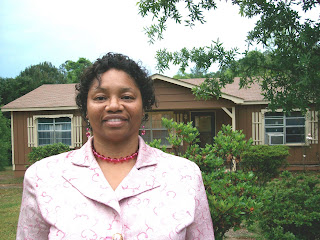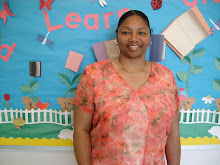The first podcast “The Edible Schoolyard” had several focus points to draw from. The school is located in Berkeley, California; it is a middle school. The name is Martin Luther King Jr. Middle School. In a normal public school the students will be shuffling paper, books, and pencils but this school the students in their first period is shuffling dirt in a beautiful garden. Alice Waters, Founder of the garden in 1994 to improve school lunch programs. Her words were “if they grow it, cook it, they will eat it”. The whole process consists of students planting, harvesting, and eating organic foods from the garden. The teachers have to be train to make the garden a center for learning. The garden and the adjacent kitchen lab is a learning lab for social studies, science, and math. The students are not just learning academics but also, life skills that have been forgotten.
The Second podcast “A Night in the Global Village” is a wonderful way to connect students to other cultures. I like the concept of the whole process. This podcast was filmed at Heifer Ranch in
Perryville, Arkansas. The main focus is on hunger and poverty. This experience will help students resolve emotional conflicts in the classroom. It teaches children to walk a mile in someone else’s shoes. When the teachers and students arrive, they tour the village to feel the living quarters. The scene that is created is from other countries that are poor in nature and unhealthy conditions. For instance, little or no water, no electricity and using nature to survive this will help students appreciate life and what they have and take nothing for granted.
I had the opportunity to attend “Raise the bar and close the Gap” workshop in 2006. Dr. Rita Pierson a wonderful motivational speaker spoke on poverty and how children learn who are affected by poverty. It was an eye opener. Poverty is a whole different world all by itself. Students have only one thing on their minds survival. As a teacher, I could be more attentive to their needs and try to understand their emotional pain. This podcast and the workshop teach you to be considered and try to help build their lives instead of destroying it with unconcern. The first podcast, I learn I could use the environment to make connection with the real world. The student at Martin Luther King Jr. Middle School was able to see social studies, science, and math in every day living through gardening and cooking. I know the Mobile County Public School System will not create a garden but I still could use other mean to help students make connections with the outside life.
Even though I will not directly be inside a classroom all day, these principles could still be utilize with my intervention group. Even now, some students I teach share personal things, and some students are struggling to understand basic reading and math skills. I could apply these principles to my intervention group. There are days where I feel that I have not reach them are help them in a great way; so,
integrating new techniques will be a rewarding experience for me and the students. With the
kindergarten age group teaching from nature sometimes is the best thing. For instance, I could take a leaf from a tree and use it for phoneme sounds, colors and
alphabets. They encourage us now to find ways to keep the students engage. I know I will not be able to use everything but there are some good techniques I could incorporate little by little on this teaching journey.



